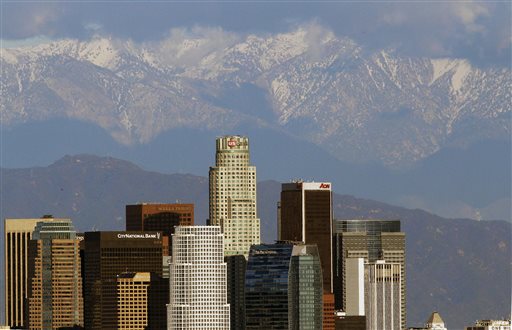50 Largest Cities of the United States

Profiles of the 50 largest U.S. cities include a history of the city, population statistics, land area, number of churches, radio and television stations, parks and playgrounds, labor and unemployment statistics, the city's mayor, and famous residents and natives.
Note: Since the 2000 census, Arlington, Tex. and Louisville/Jefferson County, Ky. were added to the fifty largest cities; Wichita, Kans. and St. Louis, Mo. were dropped.
Note: Since the 2010 census, Arlington Tex. and Raleigh, N.C. were added to the fifty largest cities; New Orleans, La. was dropped.
See also Top 50 Cities in the U.S. by Population and Rank.
Data supplied by U.S. Census Bureau and by the Bureau of Labor Statistics. NOTE: Persons of Hispanic origin may be of any race.

